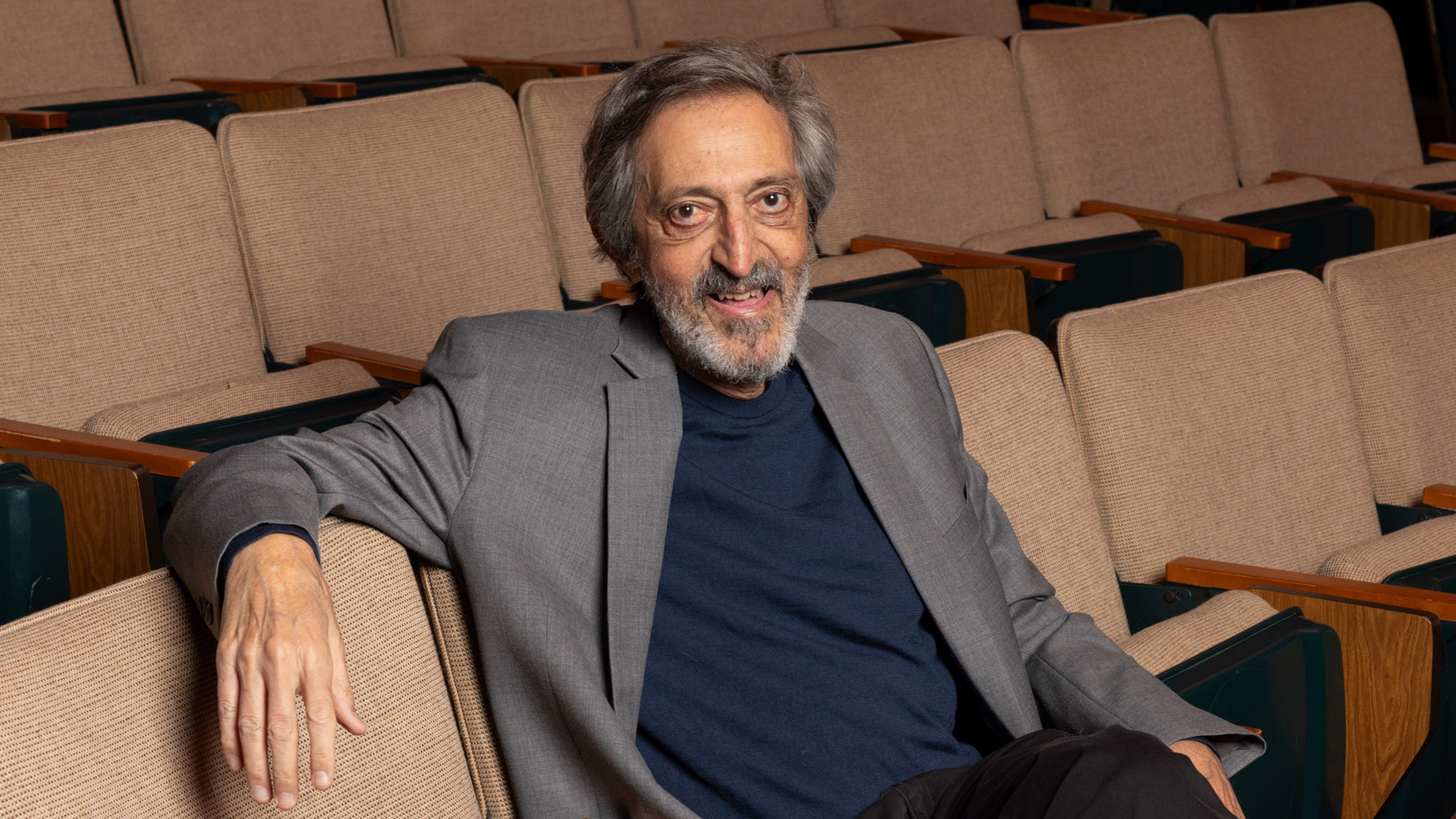
The College Board has released a slide set explaining the current process and progress of the effort to create a new Advanced Placement course and exam in Computer Science. Titled "Computer Science: Principles," the goal of the NSF in funding the development of the new course is to create a course that is more inviting to students, engages students more, depicts computer science as a broad and exciting field, and most of all, broadens participation in computing.
It's a challenging process to design an Advanced Placement (AP) course with those goals. The normal process for an AP course is to model itself after the most common attributes of the similar course in colleges and universities. Thus, the AP in Chemistry is based on the introduction to chemistry courses in colleges and universities, and the AP in Calculus looks like what most higher-education institutions teach in the first calculus course. But the typical college introductory computing course is not "more inviting to students, engages students more, depicts computer science as a broad and exciting field, and most of all, broadens participation in computing." That's why we're in the position that we are — the typical course is more about programming, typically in Java, and is about training students to be professional software developers. The College Board and NSF are trying some interesting social engineering — if the AP course changes for the better, will the College and University introductory courses follow?
What we (I am on the Commission designing the framework for the new AP CS course and exam) currently have in designing the new AP CS course is a set of "Big Ideas" (with more detail that isn't in the slide set), a set of "Computational Thinking Practices" (think of these as the verbs for the Big-Idea nouns), and a set of "Claims and Evidence" based on the Ideas/Practices documents that will drive the development of the test. One of the questions that I'm hearing a lot is, "Where's the fun? We want this new course to be fun!" The fun is going to come from the curriculum that gets wrapped around this framework: the ideas, practices, claims, and evidence. The framework doesn't say anything about programming language used, about the kinds of examples used, or how the course ties to other aspects of the students' life. That has to happen to be fun, but specifying that is beyond the framework currently being devised. The new courses being offered to introduce computing through cell-phone programming could meet this framework, as could courses that use Scratch for video games and storytelling.
The first pilots of the new course will occur in Fall 2010 at five colleges or universities. Those pilot sites will put flesh on the framework, and that will give us a clearer indication of whether the new effort will achieve all the goals being set for it. The pilots will be evaluated, and then an additional round (with high schools too) will occur in Fall 2011. Then we'll have a better idea if the course is meeting its goals, and can be taught at both the higher-education and secondary levels.



Join the Discussion (0)
Become a Member or Sign In to Post a Comment